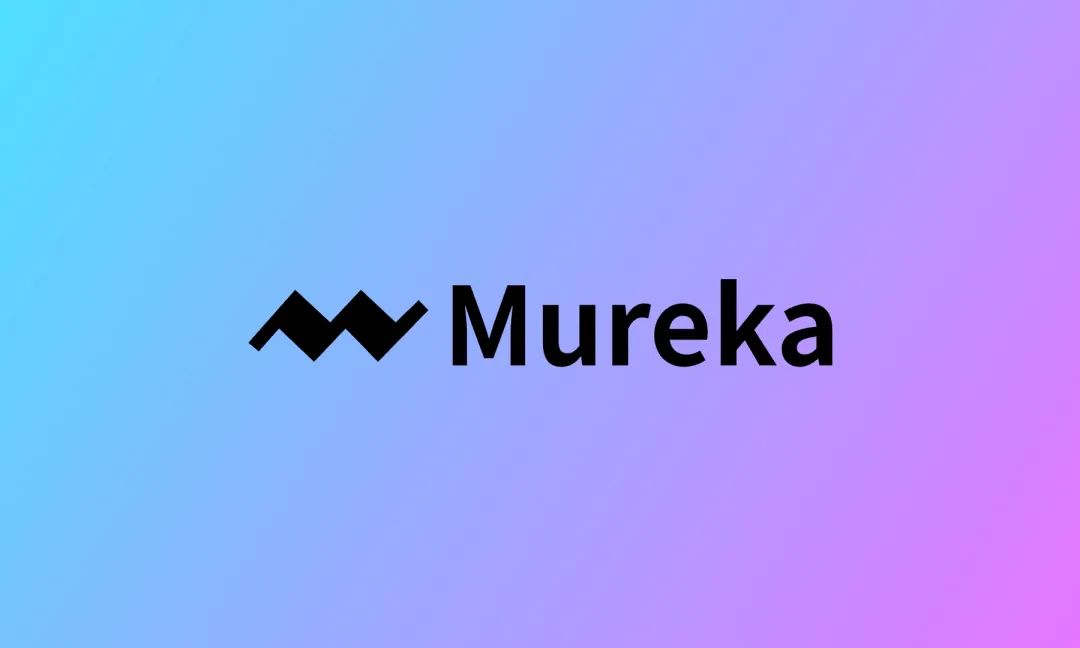高盛跟巴菲特说拜拜
|
高盛(Goldman Sachs)上周五宣布,将向巴菲特旗下的伯克希尔哈撒韦公司(Berkshire Hathaway)支付56亿美元,回购其在金融危机最严重时期向伯克希尔哈撒韦出售的优先股。 这对于两年半来向伯克希尔哈撒韦支付优先股股息逾10亿美元的高盛而言,是个好消息。但对于巴菲特是个坏消息,虽然下个月他将能获得一大笔钱——但在短期美国国债收益率接近零的环境中,如何重新投资这笔钱是一大挑战。 “高盛不赎回这些优先股的每一天,我们的钱都像是放在了银行里,”巴菲特在去年伯克希尔哈撒韦年度股东大会上曾表示。他估计高盛支付的股息相当于每秒约15美元,这样的速度我们大多数人都会满意。 但这些源源流入的大洋将于4月18日断流。高盛宣布将支付50亿美元赎回这些优先股,并附上5亿美元的提前还款罚金和1.49亿美元的应计股息。 去年赚了80亿美元的高盛并不缺现金。该公司已表示,计划加大股票回购力度,并可能调高普通股季度派息。高盛股价上涨3%。 这项声明发布的同一天,美联储(Fed)也宣布完成了最新一轮压力测试。由此,一些大型银行如果要将此前为应对经济衰退加剧而留存的资金分发给股东,已不存在障碍。 高盛此举斩断了其与全球金融危机的最后关联之一。在全球金融危机中,美国五家大型的独立投资银行在短短六个月内全军覆没。 挣扎于破产边缘的贝尔斯登(Bear Stearns)被廉价卖给了摩根大通(JPMorgan);美林(Merrill Lynch)也以低得离谱的价格卖给了美国银行(Bank of America);雷曼兄弟(Lehman Brothers)倒闭,几乎拖垮了整个金融体系;而高盛和摩根士丹利(Morgan Stanley)也都转制为由美联储监管的银行控股公司。 但全球金融危机对高盛的影响仍未终结。最近,美国证券交易委员会(The Securities and Exchange Commission)指控高盛前董事拉吉特•古普塔涉嫌泄露高盛董事会会议内容(包括2008年9月那次批准伯克希尔哈撒韦投资的会议)用于内幕交易。 不过,古普塔不仅拒绝认罪,而且还对美国证券交易委员会提起了诉讼。 除此之外,高盛表示,优先股偿付成本将导致下月公布的一季度利润减少16亿美元或每股2.80美元。 但他们希望,高盛支持者们最终收获的将远远超过上述成本。据高盛称,去年公司每股收益约13美元,其中支付优先股股息每股0.85美元。因此,第一季度的优先股偿付成本也就相当于三年多的优先股股息。 当然,如果当时没有这笔紧急资金援助,高盛也许根本无法渡过难关。但多亏巴菲特和美国政府,高盛活下来了,而且现在它已摆脱了高昂的股息负担——巴菲特则获得大笔现金,可用于其下一次的猎象活动。 |
Goldman Sachs (GS) said Friday it will pay Buffett's Berkshire Hathaway (BRKA) $5.6 billion to redeem the loan the investment bank took from Berkshire at the height of the financial crisis. That's good news for Goldman, which paid Buffett's company more than $1 billion* in preferred stock dividends over two and a half years. It is bad news for Buffett, who will get a big check next month -- but faces reinvesting it at a time when short-term Treasury securities yield next to nothing. "Every day that Goldman doesn't call our preferred is money in the bank," Buffett said at last year's annual Berkshire shareholder meeting. He estimated the Goldman dividends rolled in at about $15 a second,* which is a pace most of us would accept. But that golden flow will end April 18. Goldman said it will pay $5 billion to cancel the preferred shares, plus a $500 million prepayment fee and $149 million in accrued dividends. But the firm, which made $8 billion last year, isn't hurting for cash. Goldman said it plans to step up stock buybacks and may raise its quarterly common stock dividend. Goldman shares rose 3%. The announcement comes on the day the Fed announced the completion of its latest round of stress tests, which cleared the way for some of the biggest banks to start giving shareholders the money they had set aside for a deeper economic downturn. Goldman's move severs one of its last links to the financial crisis, which saw the ranks of big standalone U.S. investment banks shrink from five to zero in the space of six months. Bear Stearns, on the verge of failure, was sold to JPMorgan (JPM) for a song; Merrill Lynch was sold at a hard-to-explain price to Bank of America (BAC); Lehman Brothers collapsed, nearly bringing down the financial system with it; and Goldman and Morgan Stanley (MS) both converted to Fed-regulated bank holding companies. But the crisis ties continue to bind to Goldman. The Securities and Exchange Commission recently charged a former Goldman director, Rajat Gupta, with insider trading for allegedly ratting out the details of Goldman board meetings – including the one in September 2008 at which the board approved the Berkshire investment. Gupta not only denies wrongdoing, he is also suing the SEC, for whatever that is worth. That drama aside, Goldman said it will take a $1.6 billion hit to its first-quarter earnings, due out next month, to square the cost of the preferred stock payoff with its books. That move will slash earnings for the quarter by $2.80 a share. But Goldman fans will more than make that back over time, they hope. Goldman said the preferred dividends took 85 cents a share out of last year's earnings of around $13 a share. So it will take a shade over three years to make back the first-quarter charge. And of course there is the prospect that Goldman wouldn't have made it at all if it hadn't been for the emergency loan. But Goldman lived on, thanks to Buffett and the government, and now it is free of its costly dividend obligation -- leaving Buffett with plenty of cash to take on his next elephant hunt. |









